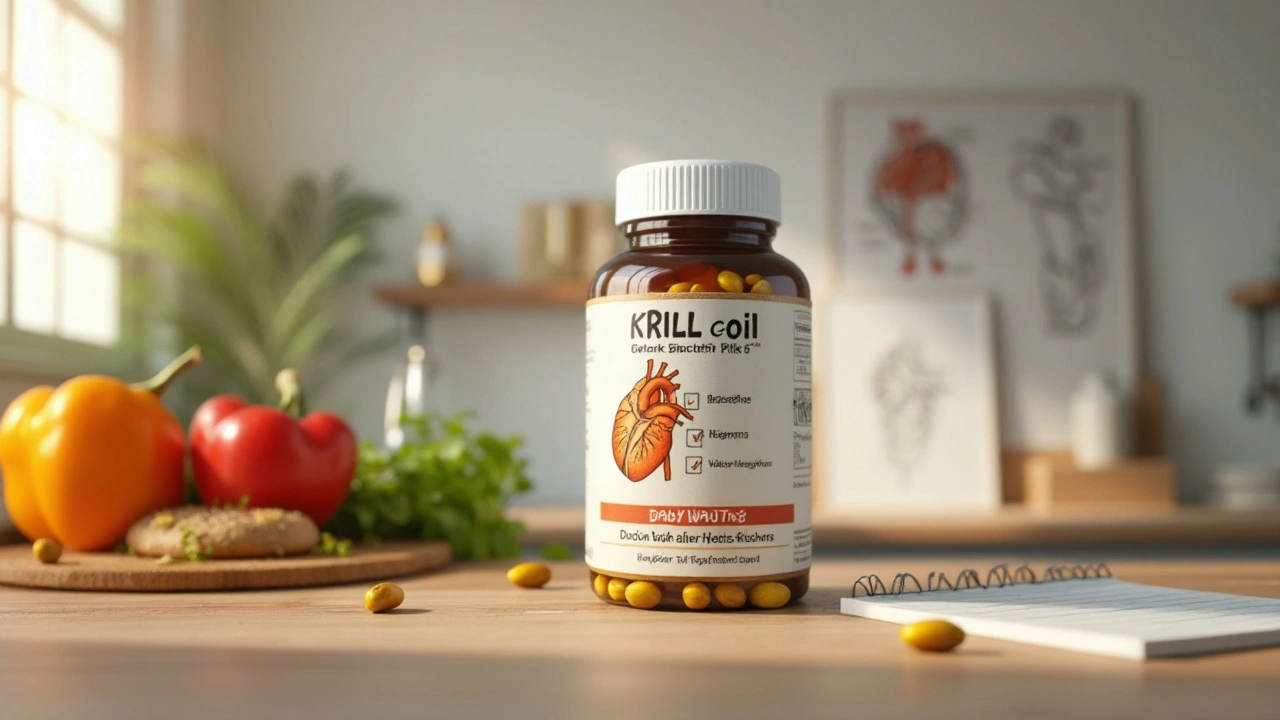Omega‑3 Benefits, Sources & How to Choose a Supplement
If you’ve ever wondered why doctors keep talking about Omega‑3, you’re not alone. This fatty acid is a small molecule with big effects on heart health, brain function, and inflammation. The good news? You can get it from food or a pill, and the right choice isn’t as complicated as it seems.
Why Omega‑3 Matters
First off, Omega‑3 helps lower triglycerides, those pesky fats that creep up in your blood. It also supports healthy cholesterol levels, which is why many articles on our site list Omega‑3 alongside alternatives to Rosuvastatin for heart health. Beyond the heart, these acids keep cell membranes flexible, which aids brain signaling and may improve mood.
Inflammation is another area where Omega‑3 shines. People with joint pain or skin issues often notice less redness after adding a steady dose of fish oil to their routine. The anti‑inflammatory effect also plays a role in managing conditions like eczema, which we cover in several posts on our tag page.
Choosing the Right Omega‑3 Supplement
When you’re ready to buy a supplement, start by checking the EPA and DHA amounts. These two types of Omega‑3 do most of the work, so look for labels that list at least 500 mg combined per serving. If purity matters to you, pick products certified for low mercury and other contaminants.
Capsules are the most common format, but liquid fish oil works if you have trouble swallowing pills. Some brands add flavor or vitamin E to reduce fishy aftertaste—great for daily use. Remember that higher potency doesn’t always mean better; stick to the dosage your doctor recommends.
Price can be a hurdle, but there are budget‑friendly options that still meet quality standards. Compare third‑party testing results, which many reputable retailers post online. If you’re vegetarian or vegan, algae‑based Omega‑3 provides DHA (and sometimes EPA) without any fish at all.
Finally, think about when you take it. Taking Omega‑3 with a meal that contains fat improves absorption dramatically. A quick tip: pair your supplement with breakfast eggs, avocado toast, or even a handful of nuts.
Our tag page pulls together everything from cholesterol‑lowering tips to supplement guides, so you can explore related topics like heart‑friendly diets, alternative statins, and natural anti‑inflammatory herbs. Use the list below to jump straight into articles that match your interests.
In short, Omega‑3 is a versatile nutrient that supports many parts of your health. Choose a clean product, follow the right dose, and pair it with a balanced meal—you’ll be set for better heart, brain, and joint wellness.
Krill oil offers numerous benefits for both the brain and body, making it a valuable supplement. Packed with omega-3 fatty acids, it supports cognitive function, joint health, and heart health. Understand how krill oil works and discover its surprising advantages and tips to incorporate it into your daily routine for a healthier lifestyle.
Sep, 6 2024

